 The following opportunities have been announced. Please follow the links for more information:
The following opportunities have been announced. Please follow the links for more information:
- AHRC are offering Digital Transformations Amplifications Awards. Apply by 20/02/14 for up to £64,000.
- POST are hosting a new fellowship scheme in collaboration with the ESRC. Applications close 13/01/14.
- Would you be interested in giving this years Wilkins-Bernal-Medawar Lecture for the Royal Society? This prestigious lectureship is accompanied by a medal and a gift of £500. The deadline for nominations is 31/01/14.
- To those of you with an outstanding academic record in natural science, engineering or technology, whose work has the potential to improve the UK’s national prosperity there is up to £3,500 available through the Royal Society’s Mullard Award. The award closes 28/02/14.
- The Bakerian Lecture is delivered annually at the Royal Society in London and is the premier lecture in the physical sciences. The lectureship is accompanied by a medal and a £1,000 prize. Nominations close 31/01/14.
- In support of the promotion of women in science, technology, engineering and maths, the Rosalind Franklin Award and Lecture through the Royal Society is now open. The award is a Silver gilt medal and a accompanying grant of £30,000. Nominations close 31/01/14.
- Another prize lecture from the Royal Society you may want to apply for if your interests are in microbiology is the Leeuwenhoek prize lecture. There is a £500 prize and a medal available with a deadline for nominations on 31/01/14.
- The Royal Society’s Coonian lecture has also opened for nominations. This is the premier lecture in the biological sciences and is accompanied by a medal and a prize of £1000. Nominations close on 31/01/14.
- To anyone who perhaps has a knack for science communication with the public you may be interested in applying for the Michael Faraday Prize for excellence in communicating science to UK audiences, worth £2,500 from the Royal Society. Nominations close 31/01/14.
- The Milner Award, for outstanding achievements in computer science is now open for nominations. The award is for £5000 from the Royal Society so be sure to apply before the award closes on 31/01/14.
- The Royal Society’s Armourers & Brasiers’ Company Prize is made for excellent use-inspired research on structural or functional materials that is both fundamental and for the benefit of society. It is worth £2,000 and nominations close 31/01/14.
- Annual medals worth up to £5000 each in the fields of physical, chemical, biological and applied sciences are available from the Royal Society. Apply before 31/01/14.
- Biennial medals (even years) from the Royal Society are also on offer, worth up to £1,000, from the Royal Society. Apply before 31/01/14.
- Finally for Royal Society awards is the Francis Crick lecture in the subject of biology. The lectureship is worth £500 and nominations close 31/01/14.
- Knowledge Transfer Partnership’s are available from the TSB. To find about more about KTP’s at Bournemouth University take a look at these posts from the research blog.
- Investment of up to £10m for enabling technologies for genomics sequence data analysis and interpretation is available from the TSB. Up to £2m of this is available in Phase 1 with development contracts of a maximum of £200,000 for up to 6 months. Registration closes 26/01/14 and the award will close to applications 05/02/14.
- Investment of up to £75m in collaborative R&D projects in the field of low carbon vehicles is available from the TSB, in partnership with the Department for Business, Innovation and Skills. Registration closes 29/01/14 with the final deadline for 05/02/14.
- University awards in society and ethics are available from the Wellcome Trust that will support outstanding early or mid-career researchers to secure permanent posts with their University. The maximum award is unspecified and the closing date for applications is 20/06/14.
- The Wellcome Trust are offering a maximum of £250,000 for Research Fellowships for Health Professionals. Please apply before 20/06/14.
- Also on offer from the Wellcome Trust are Postdoctoral Research Training Fellowships for Clinicians. Apply for a maximum of £350,000 before 02/05/14.
- Intermediate clinical fellowships to enable candidates to continue their research interests at a post doc level at an appropriate clinical research facilty are available through the Wellcome Trust. Apply by 06/05/14.
- The Wellcome Trust are offering up to £250,000 for research fellowships in society and ethics. Apply by 20/06/14.
Please note that some funders specify a time for submission as well as a date. Please confirm this with your RKE Support Officer.
You can set up your own personalised alerts on ResearchProfessional. If you need help setting these up, just ask your School’s RKE Officer in RKE Operations or see the recent post on this topic.
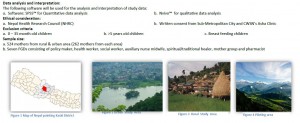



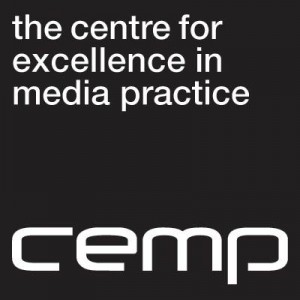




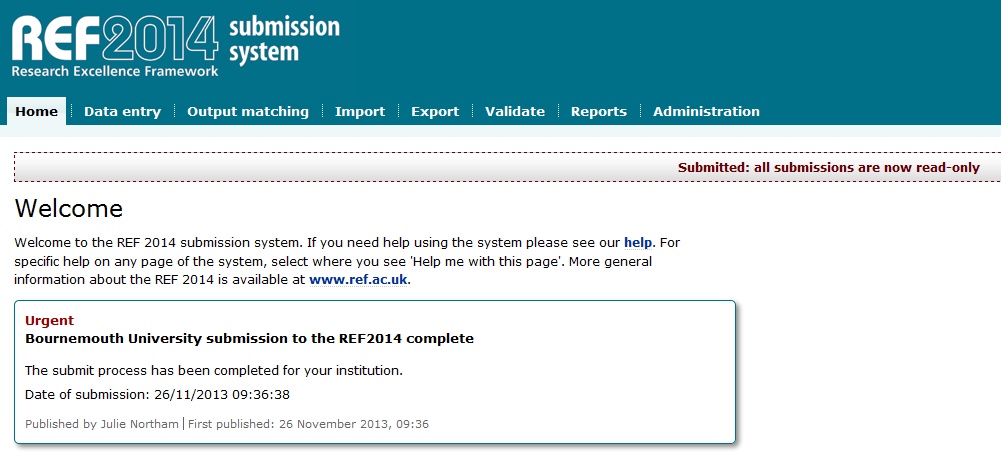

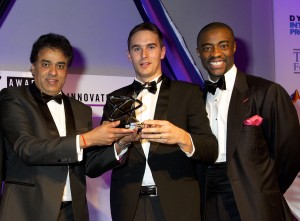

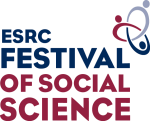

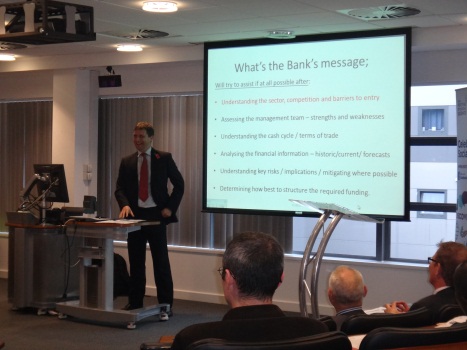
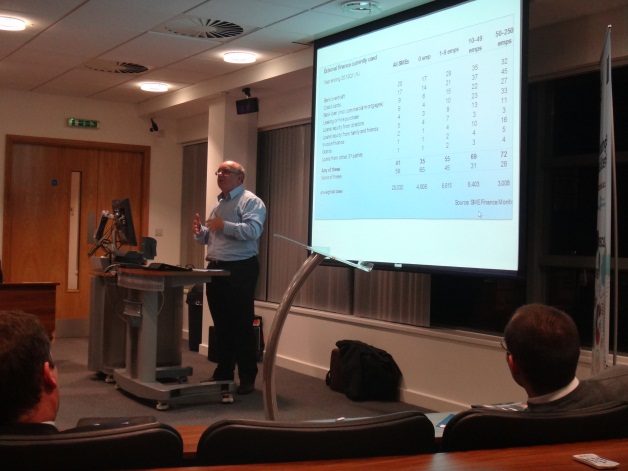
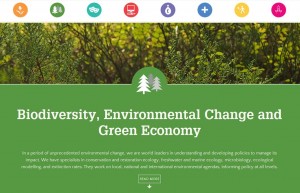


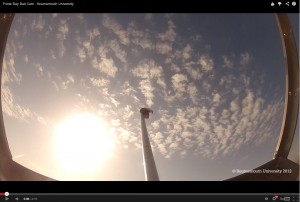












 BU Professor has been invited to a series of plenary and invited lectures.
BU Professor has been invited to a series of plenary and invited lectures. Research reaching non-academic audiences
Research reaching non-academic audiences April’s Café Scientifique – Should we help machines understand and respond to our emotions?
April’s Café Scientifique – Should we help machines understand and respond to our emotions? Postgraduate Research Experience Survey (PRES) 2024 – 2 WEEKS LEFT
Postgraduate Research Experience Survey (PRES) 2024 – 2 WEEKS LEFT Working with The Conversation: online training session – Wednesday 8th May
Working with The Conversation: online training session – Wednesday 8th May Apply for up to £1,000 to deliver an event and take part in a national festival of public engagement with research
Apply for up to £1,000 to deliver an event and take part in a national festival of public engagement with research MSCA Postdoctoral Fellowships 2024
MSCA Postdoctoral Fellowships 2024 Horizon Europe News – December 2023
Horizon Europe News – December 2023